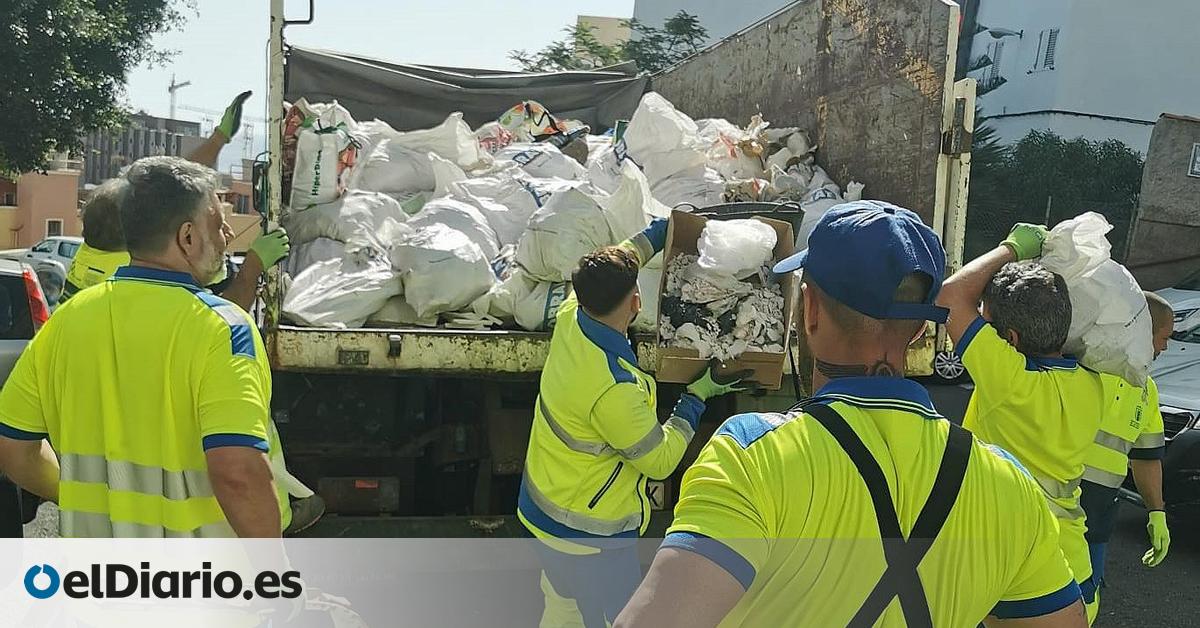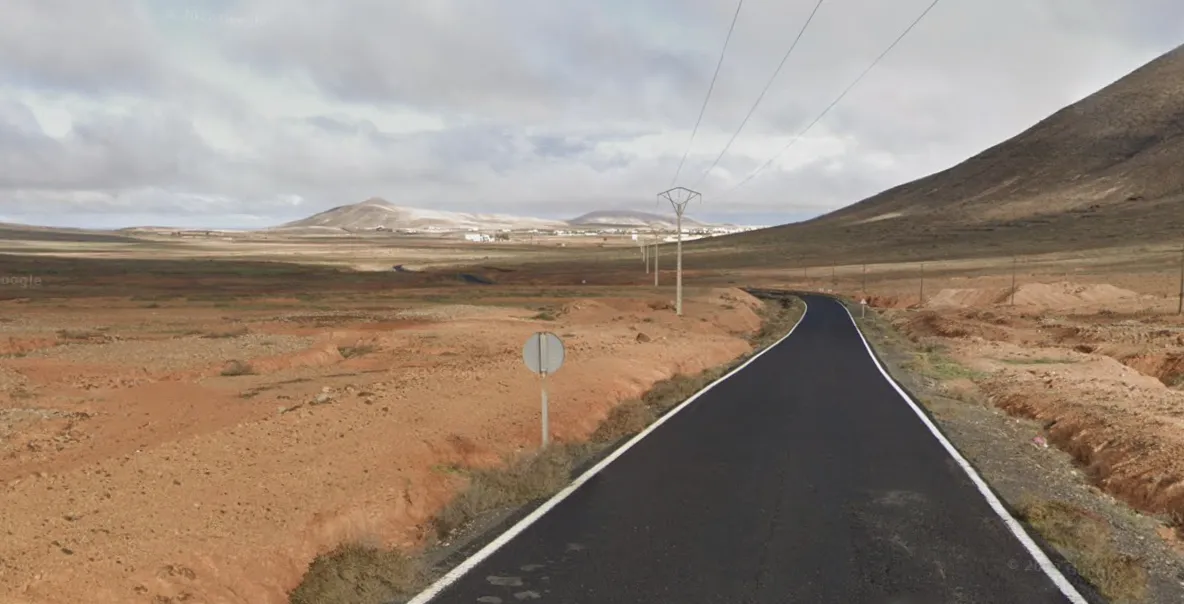The Municipality of La Oliva Strengthens Its Commitment to Heritage Sites
The La Oliva Town Hall is steadfast in its commitment to the restoration of interpretation centres within the municipality. The Department of Tourism and Environment, led by David Fajardo, is opening the Aljibe del Veneno and Redonda in La Oliva to the public for the first time. This site is among the most significant examples of traditional hydraulic architecture in Fuerteventura. Therefore, following the reopening of the Castillo del Tostón in El Cotillo last November, the Town Hall is setting the course for interpretation centres in the municipality with this reopening.
In this regard, the initiative aims not only to restore an important historical and heritage site concerning water resource utilisation on the island during the 18th century but also seeks to support this endeavour through three key pillars: sustainability, tourism, and social development.
A New Approach to Tourism
With the aim of moving beyond the traditional sun-and-beach tourism model that has defined the island’s tourism, the Town Hall is pursuing a new angle that encompasses the history, heritage, and customs of the local community. By doing so, the initiative seeks to educate visitors about how Fuerteventura adapted to its arid environment and how it made use of its scarce water resources.
Education and Social Development
Moreover, this historical building aims not only to attract tourists but also to contribute to the social development of the resident population. The aljibe thus becomes a valuable educational tool for communicating the importance of historical heritage and water management to younger generations and the local community, highlighting the collective memory and efforts of our ancestors.
Sustainability is also a priority for this reopening. The Town Hall is focused on optimising existing resources, meaning no new constructions are planned until the current municipal infrastructures are up to date and in suitable condition for operation.
Community Commitment
The mayor of La Oliva, Isaí Blanco, underscores the significance of recovering the municipality’s historical heritage: “With the reopening of the aljibes, we present a clear vision; we are setting the roadmap for continuing our work on recovering La Oliva’s historical and heritage elements. Undoubtedly, this new approach marks a turning point in the tourism model, which not only aims to attract visitors to learn about our history but also serves as a key element for future generations, helping them understand who we are and where we come from.”
Meanwhile, the Councillor for Tourism and Environment, David Fajardo, highlights: “With the reopening of the Aljibe del Veneno and Redonda, we continue to focus on our municipality’s heritage assets, elements rich in value that have seemed forgotten. With this new approach, tourist interest serves as a hook to promote other aspects such as social development and sustainability, presenting tourists, residents, and new generations with the history and identity of the local community and their water management in such an arid environment as Fuerteventura.”
“By charging admission fees, we aim to generate economic returns for the Town Hall, which will be directly reinvested in management and future initiatives of a similar nature. Additionally, the interpretation centre offers job opportunities for our tourism graduates, enabling them to build a prosperous future within the municipality,” explained Fajardo.
Furthermore, the president of the Fuerteventura Insular Cabildo, Lola García, stated: “The Aljibe del Veneno and Redonda have supplied water to the people of La Oliva for many years, making water a shared and sacred resource. The Cabildo reaffirms our commitment to preserving this valuable heritage that connects us with our history and identity.”
A Vision for the Future
The Aljibe del Veneno and Redonda exemplify the roadmap set by the Department of Tourism and Environment: to open new interpretation centres in the coming months and strengthen the connection between tourism, education, and sustainability.
This initiative is financed through the Sustainable Tourism Development Plan “Naturally La Oliva”, part of the Recovery, Transformation, and Resilience Plan funded by the European Union – Next Generation EU.














